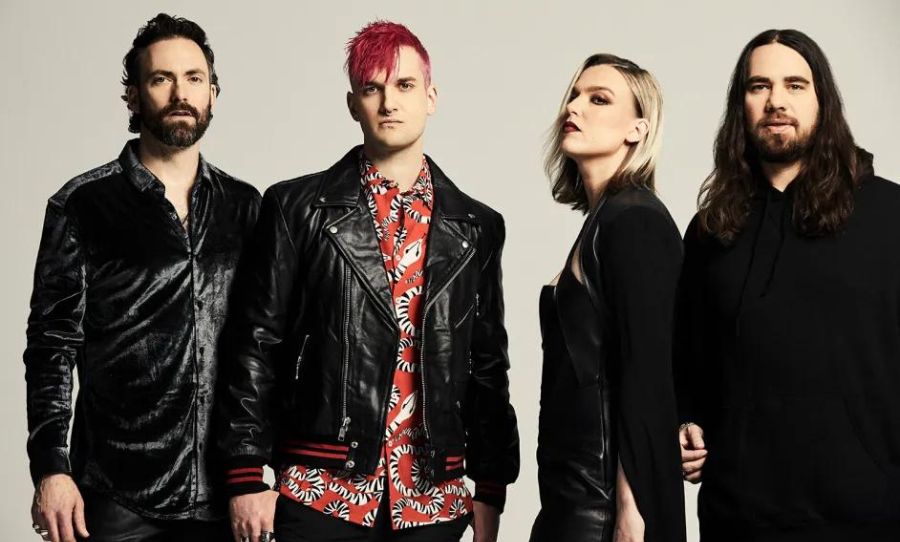No one can deny that the video game industry is constantly evolving. But despite the rapidly changing environment, one thing remains constant: the shunning of female gamers.
It doesn’t matter if she’s a casual gamer or a well-seasoned pro with years of experience under her belt, encountering harassment when playing video games remains tragically common for a large majority of women.
Lenovo and Reach3 Insights recently joined forces to launch an investigation into women’s experiences while gaming. The result? Around 59% of women were found to hide their gender, to avoid facing discrimination, and by this I don’t just mean insults.

900 female gamers from China, Germany and the US participated in the survey, titled The Future of Gaming is Her. Its mission statement involves “empowering the growing gaming revolution among women”, but to do that, you first have to take a look at the current situation.
To start off, the report tries breaking down the common prejudices experienced by females while gaming. 88% of respondents affirmed that they play ‘competitive’ games; which Lenovo and Reach3 defined as first-person shooters, sports, fighting and collectible card games. So no, not all girls only play Animal Crossing or Stardew Valley.
Despite this solid evidence that women really aren’t that different from males when it comes to gaming preferences, the overwhelmingly sexist attitudes remain.
Any other female streamers get super stressed in Just Chatting? I can't be on that category for more than 20 mins without a wave of harassment. I just wanna get into the game as soon as possible to avoid it 😔 I wish I could do a full night of chatting without all that shit
— 🍉 LucyL 🍉 (@LucyL96_) May 20, 2021
77% of women stated that they experienced some form of gender-specific discrimination while gaming. This definition of discrimination includes: insults, inappropriate sexual comments, unsolicited relationship requests, gatekeeping, double standards and mansplaining.
In order to avoid this, many resorted to keeping their identity hidden. Out of the 59% that obscure their gender, some choose to masquerade as men, while others just don’t specify their gender. Others unfortunately are driven to just quit playing the game altogether.
The fact that we are still asking why women can’t simply just play games in peace is shameful. The path to harassment-free gaming is proving to be a stubborn rocky road, indeed. While there are recommendations for how the gaming industry – and more specifically, brands – can build a more inclusive community, with suggestions including a more equal split in advertising representation, as well as more presence in e-sports, the revolution is moving ahead slowly.
But hey, slow and steady wins the race, right?
You can read the full report by Reach3 Insights here.



